Nov 19, 2020
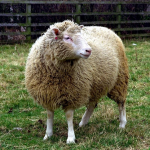
By Mohamed Nasr Have you ever wondered what could happen if there were several exact copies of yourself? What would life be like if every biological entity had several exact copies somewhere in the world? If these copies are genetically identical, they are called clones, and the process by which these identical copies are made […]
Nov 19, 2020

By Devina Thiono Animals, and nature in general, have been able to withstand various conditions without much help. Each creature has adapted in such a way that they are able to function seamlessly where they live. This quality is what inspired the field of biomimicry. Biomimicry is the practice of studying organisms throughout nature and […]
Nov 19, 2020

By Alec Chaves Syncytium (noun. /sin-SI-she-um/) What does it mean? A syncytium is a collection of subcellular or cellular parts that work together in unison. Etymology The word syncytium is derived from Greek “syn” and “kytos.” Combined, they loosely translate to “together in a box.” How do I use it in a sentence? “The muscle […]
Nov 19, 2020
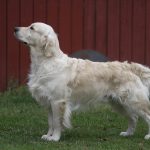
By Rami Major The longest gene in humans is called DMD, which facilitates the production of a protein called dystrophin. Dystrophin plays a role in strengthening both skeletal and cardiac muscle fibers. It is largely responsible for your ability to move and pump blood throughout your body. The DMD gene is considered “X-linked” because it […]
Nov 12, 2020
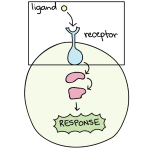
By Seth Veenbaas Ligand (noun. /LIG-uhnd/) What does it mean? In biochemistry, a ligand is a molecule that binds to or sticks on to macromolecules, which are large biological structures in our cells made of protein, DNA, or RNA. Ligands come in all shapes and sizes. Some ligands are small ions made of a single […]
Nov 10, 2020
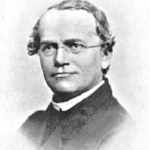
By Madison Williams Do you ever wonder how scientists can predict that parents will pass a disease on to their children? Gregor Mendel, the father of genetics, began this process of understanding genetic traits in the 1800s using pea plants. In this article, you will learn about his life and what led him to making […]
Nov 10, 2020

By Natalie Nielsen If anyone has healed from an injury causing a swollen limb or body part, which could benefit from products like those CBD Gummies, then they have witnessed the lymphatic system at work. But what is the lymphatic system, and why do we care about it? The lymphatic system is a vasculature network, […]
Nov 04, 2020
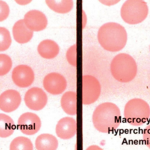
By Mariah Jones Macrocytes (noun. /MAK-row-sites/) What does it mean? A macrocyte is an unusually large red blood cell. Macrocytes area typical sign for a type of anemia, called [pernicious anemia.] A person with this type of anemia will most likely also, have a lack of vitamin B12 and/or folic acid in their system. These […]
Nov 04, 2020
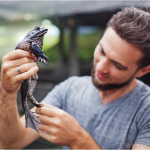
By Sarah Lowe Herpetology (Noun./ her-peh-TOLLO-jee/) What does it mean? Zoology is the scientific study of animals. Herpetology is a branch of zoology that studies any type of reptile or amphibian, like lizards and frogs. How do I use it in a sentence? Siblings go to the pond every day after school to observe the […]
Nov 04, 2020
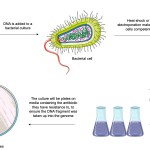
By Nicole Gadda Technique Name: Bacterial Transformation Fun Rating: Transformations get a full 5/5 fun rating from me! The possibilities are truly endless when it comes to transforming DNA into a cell. You can make any combination imaginable! Want your cells to fluoresce bright green? Want your cells to express a super cool protein you just […]










